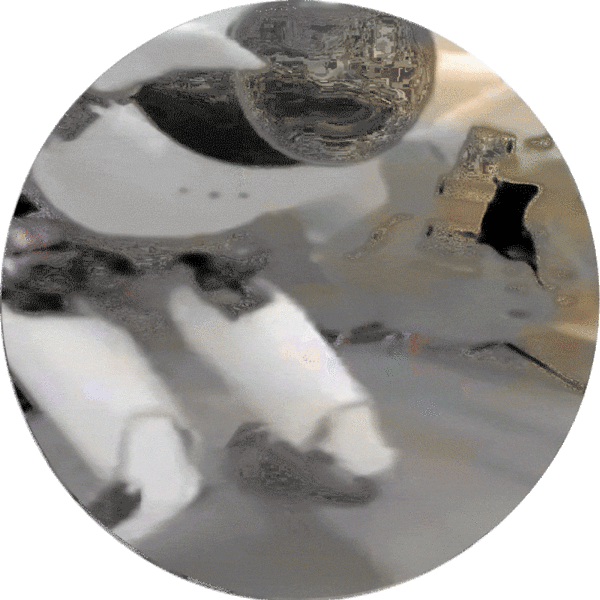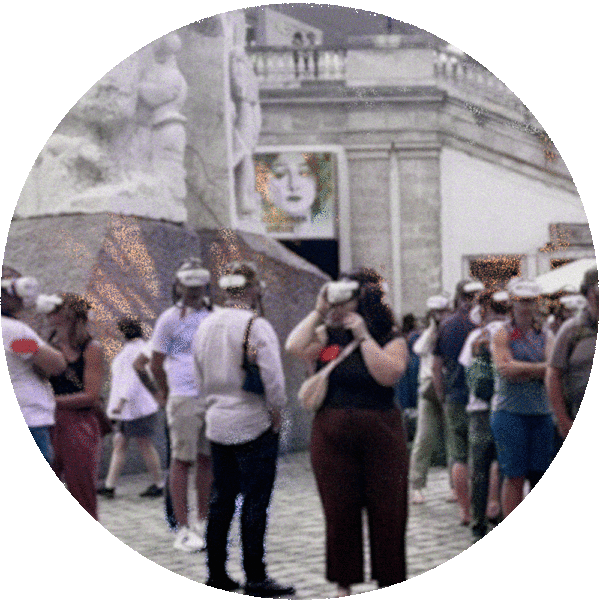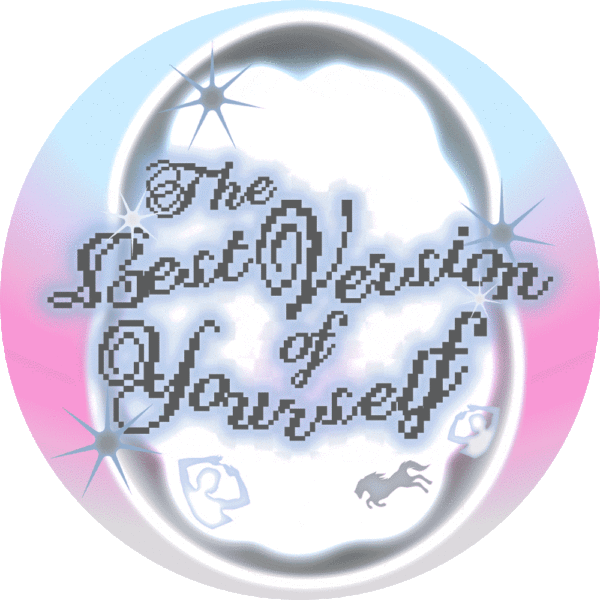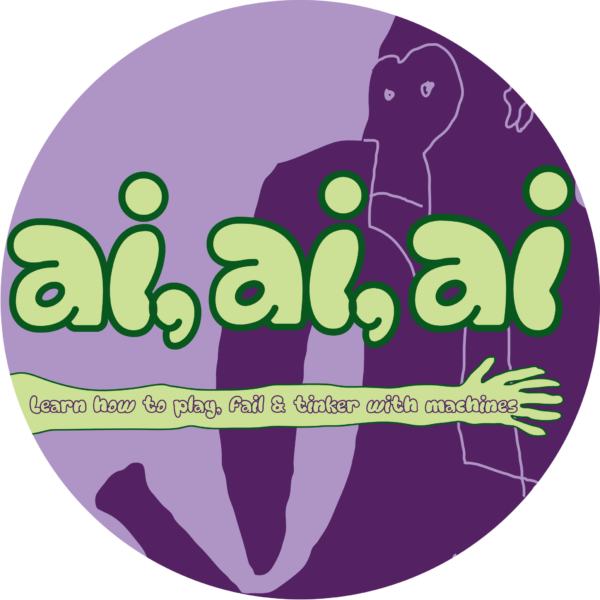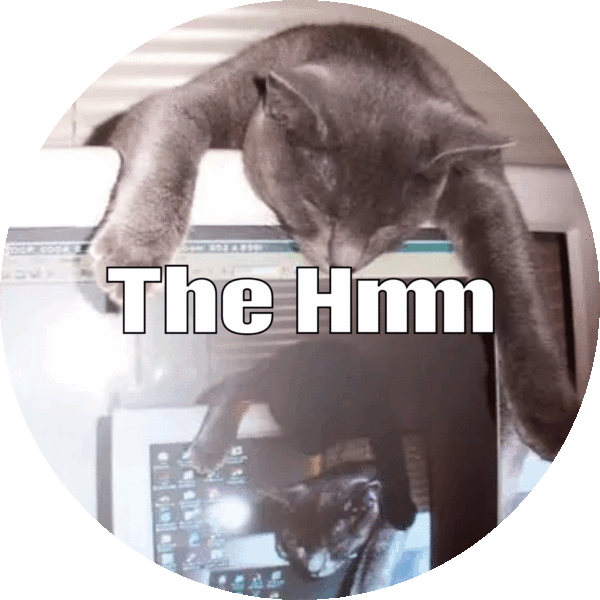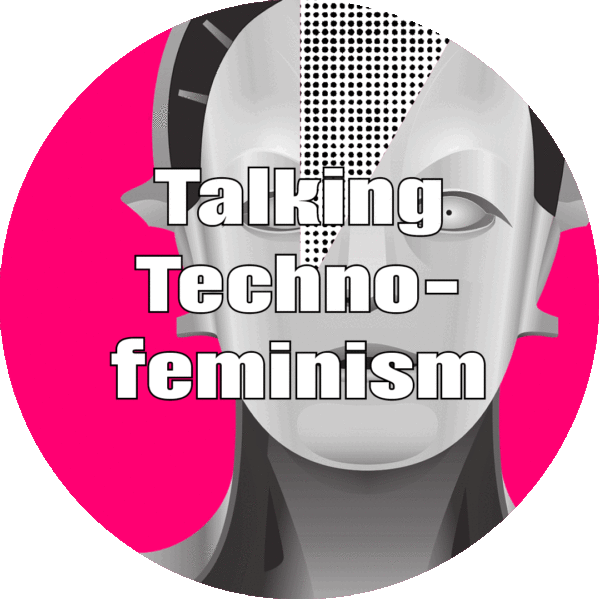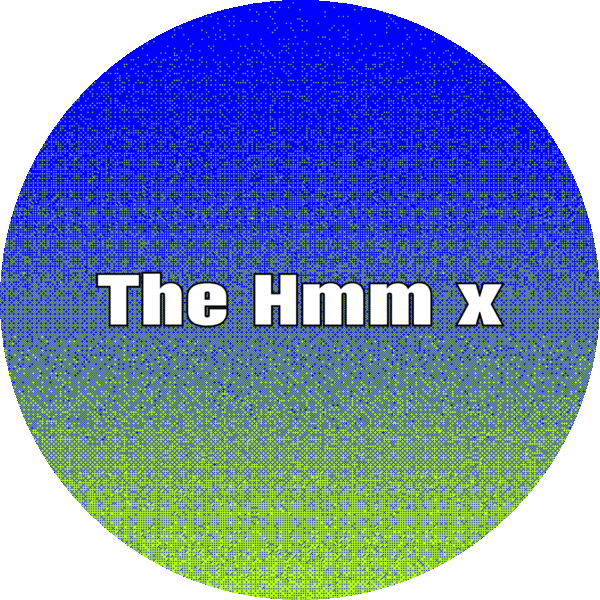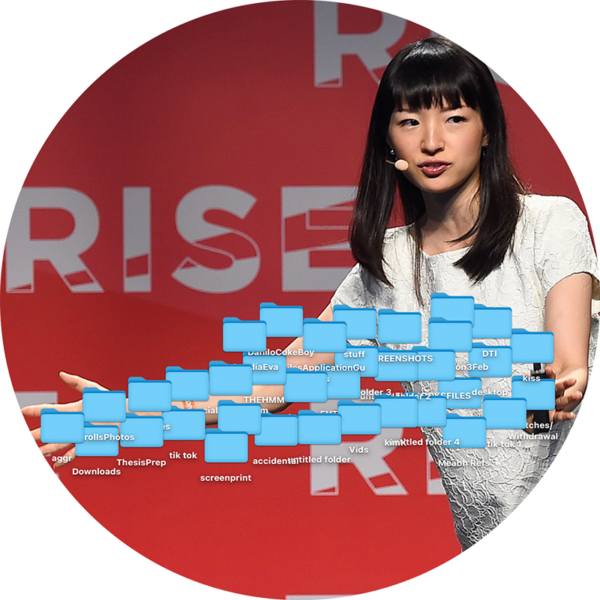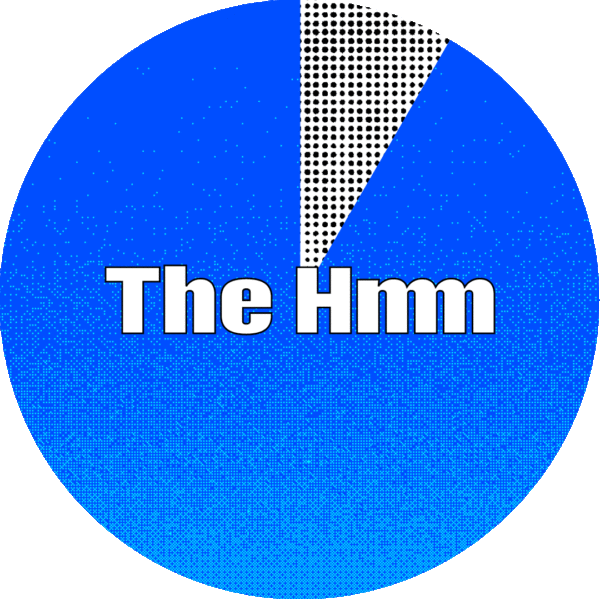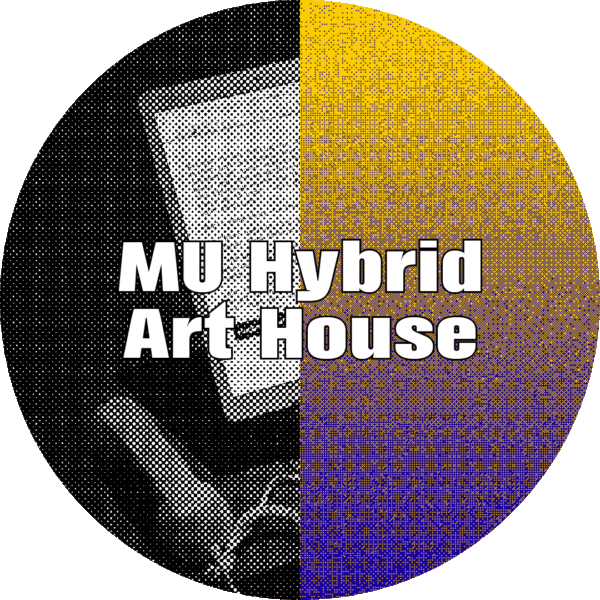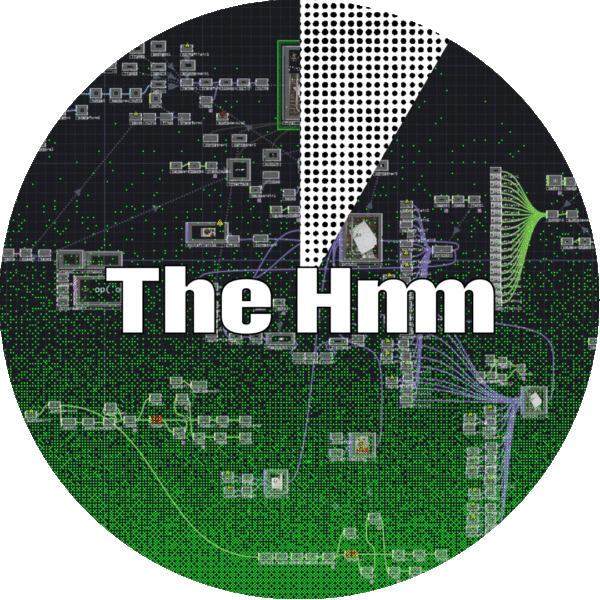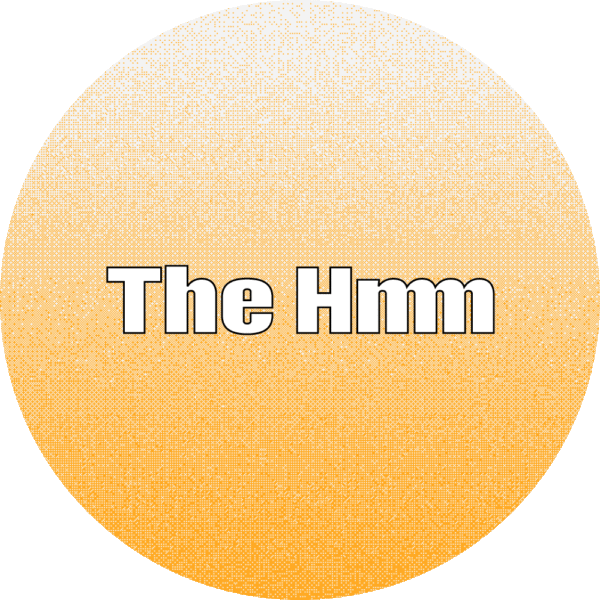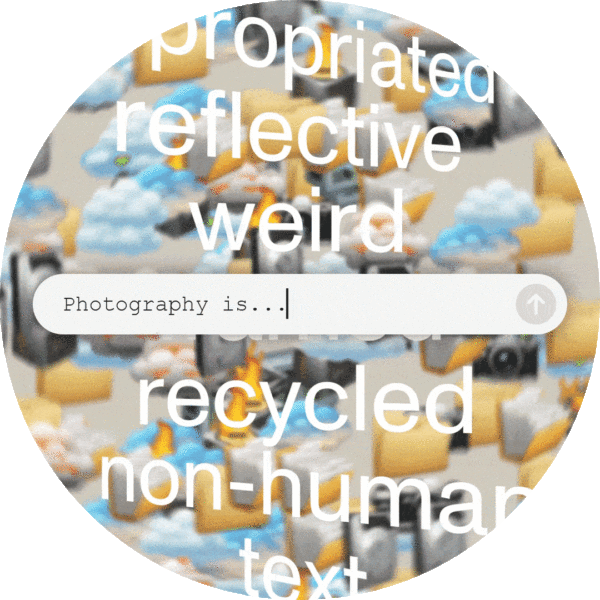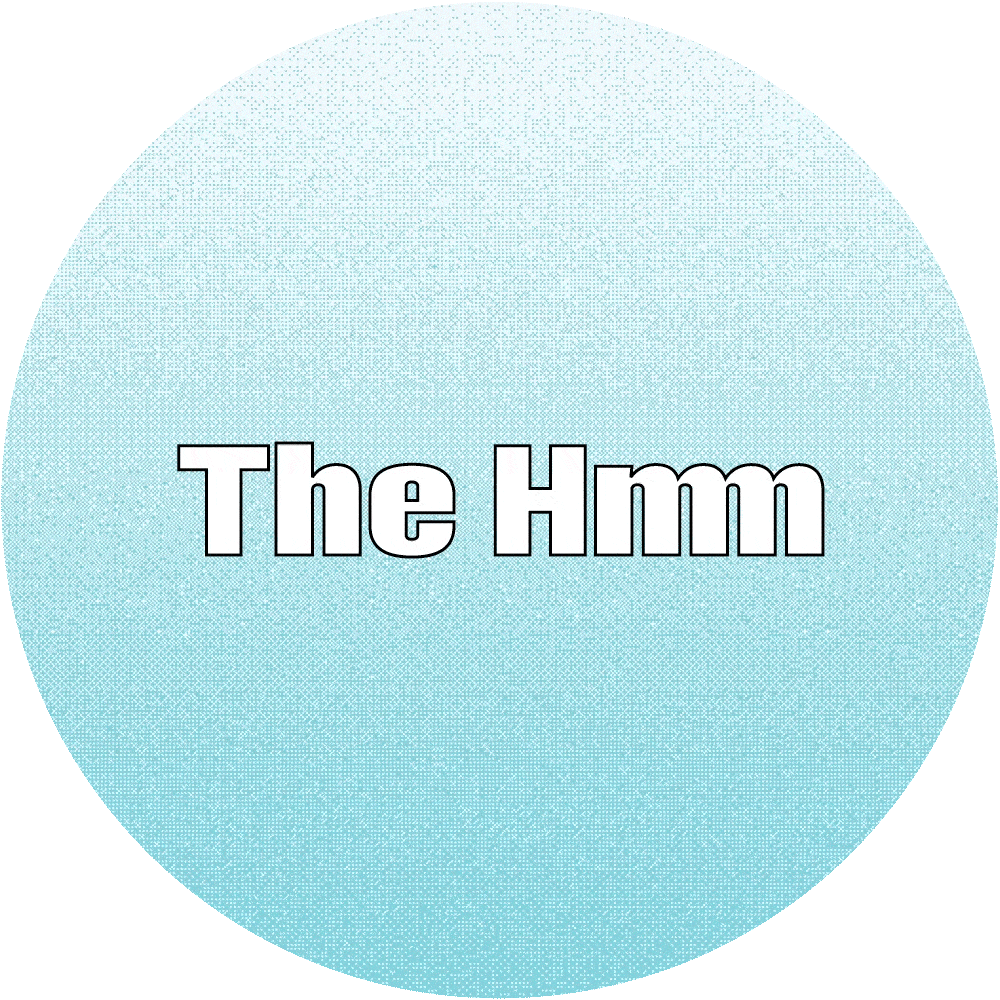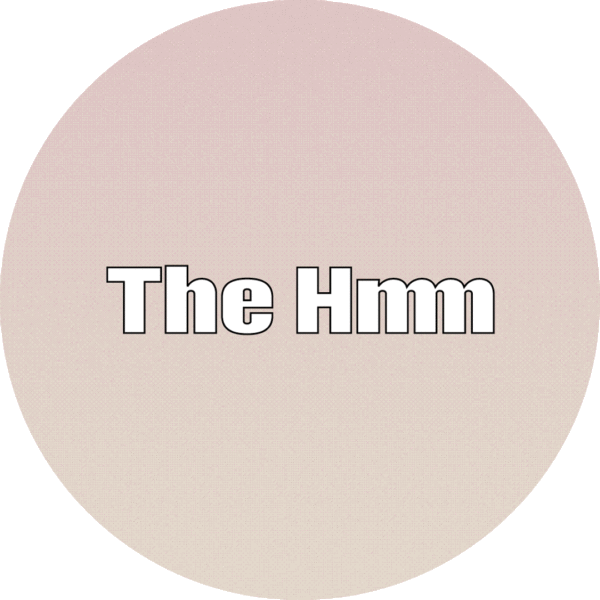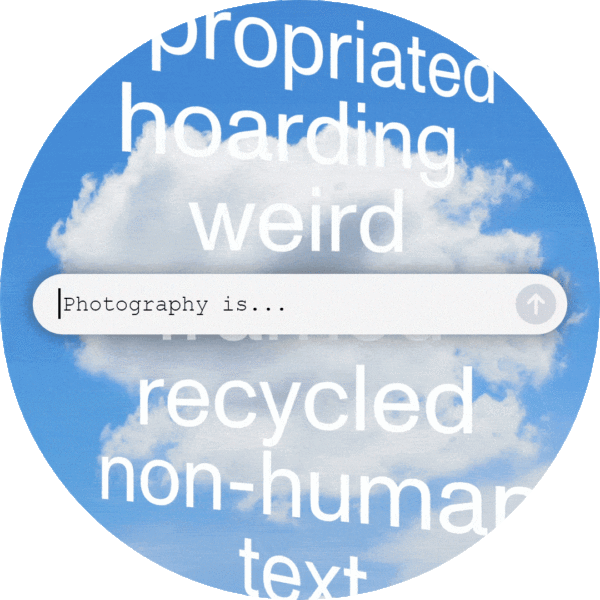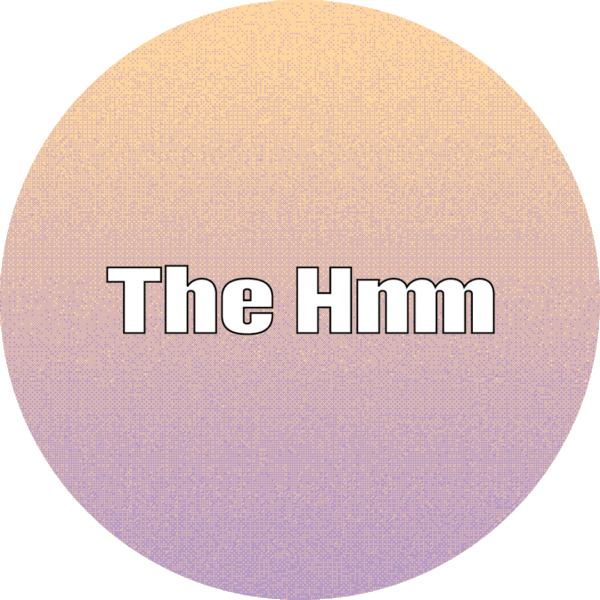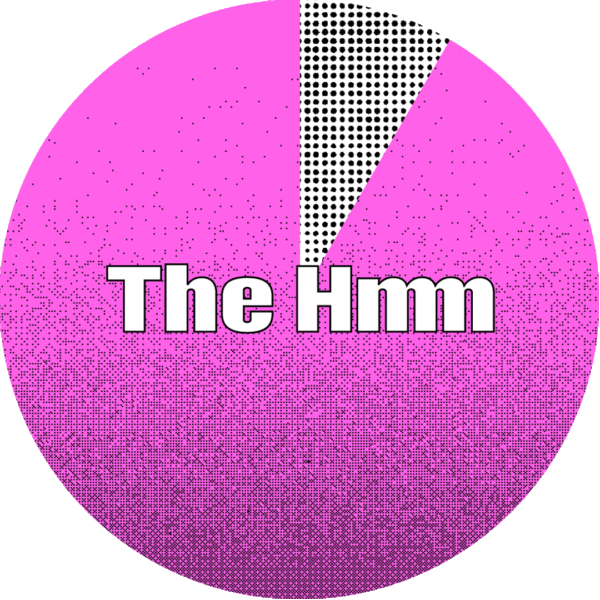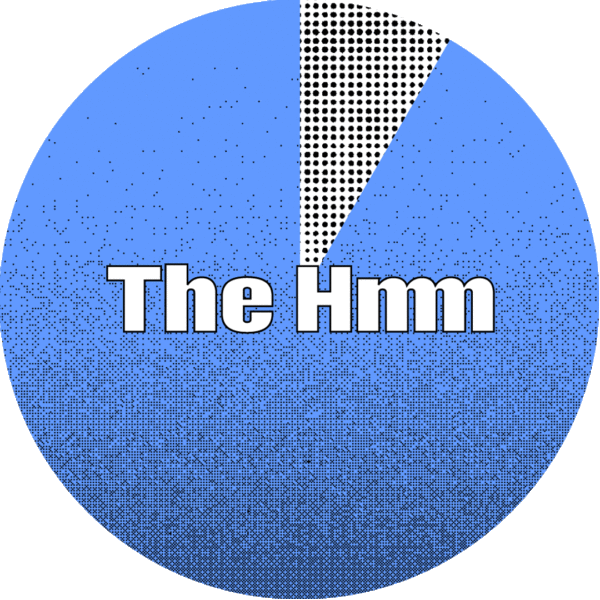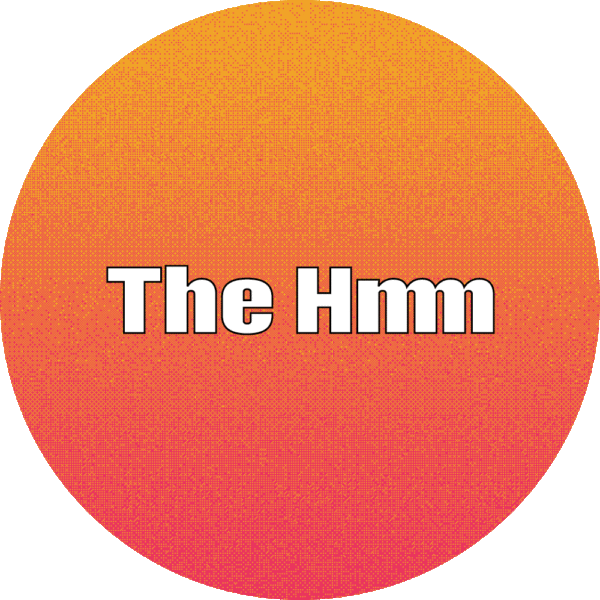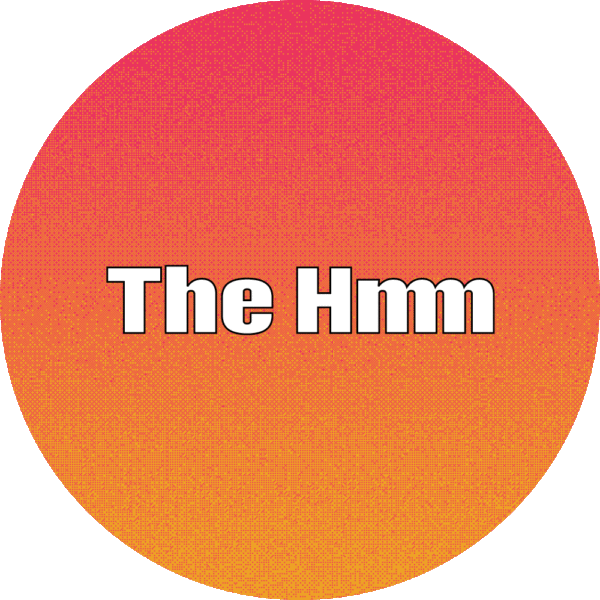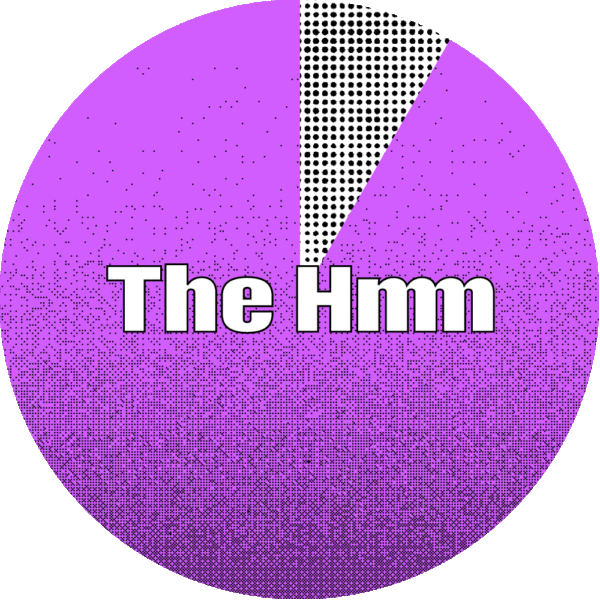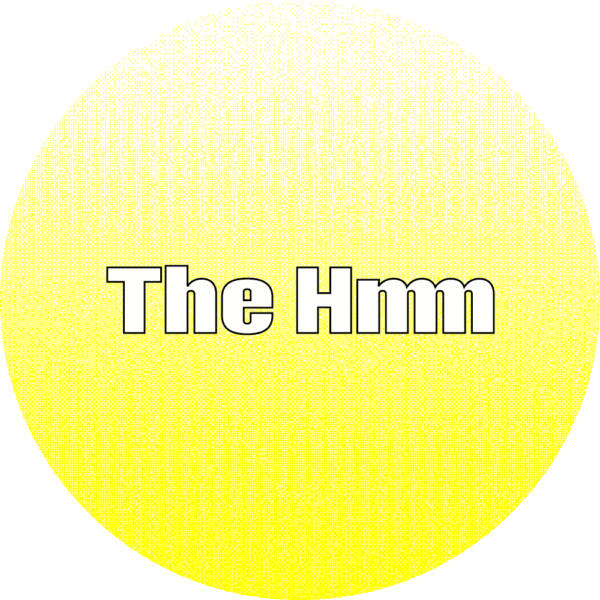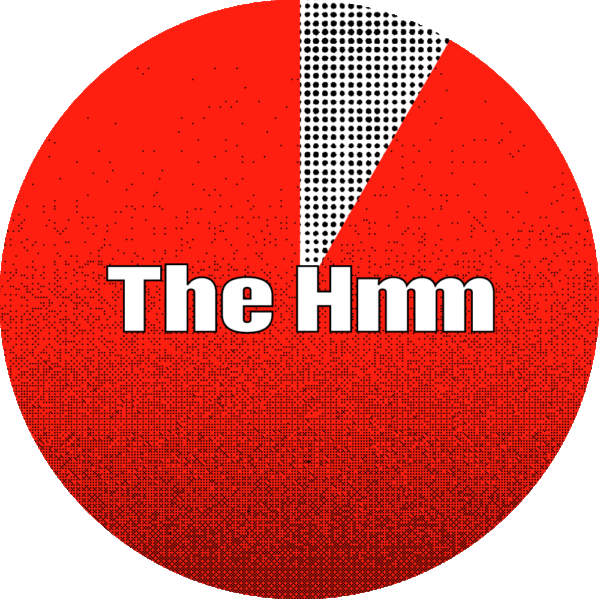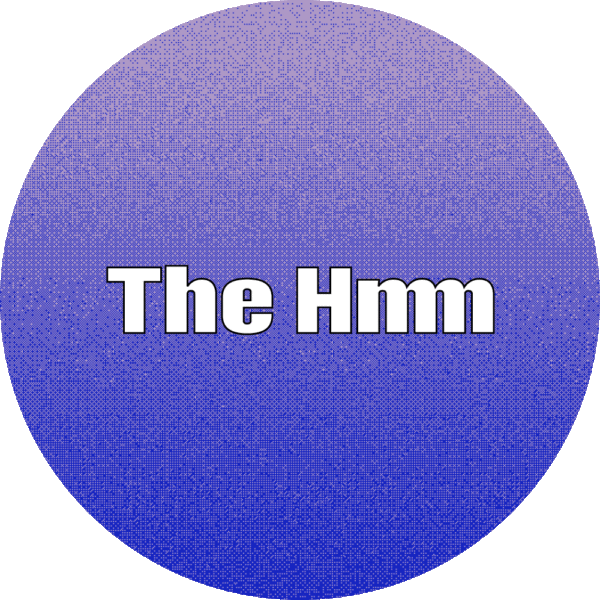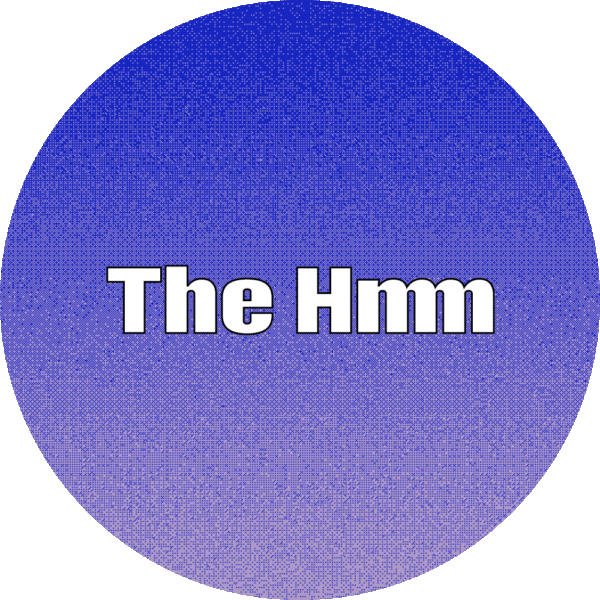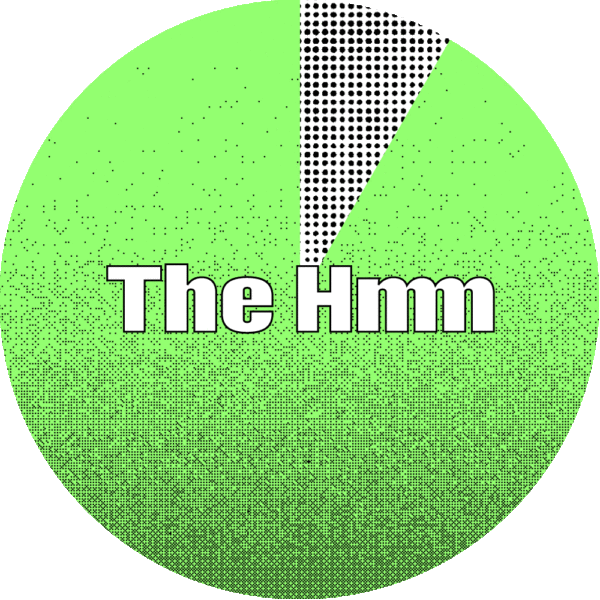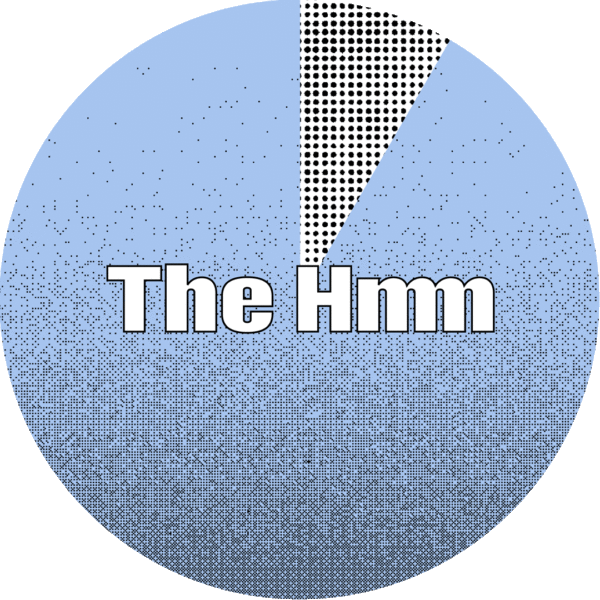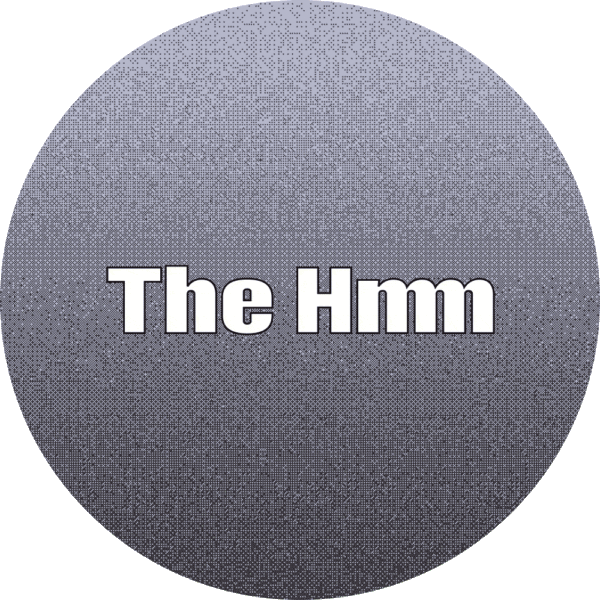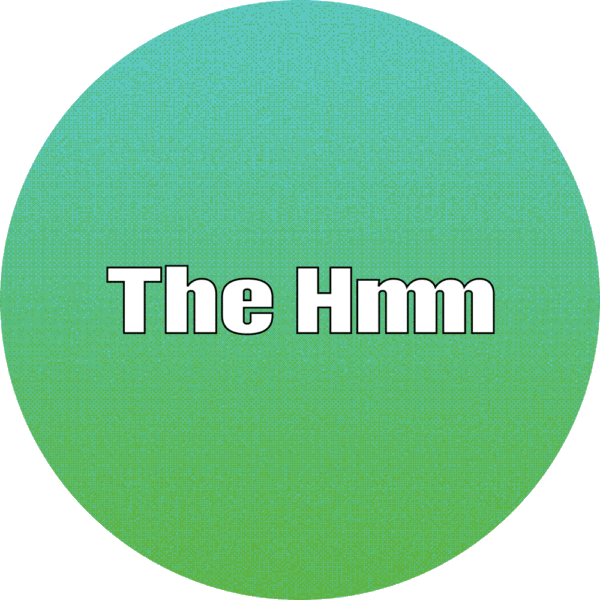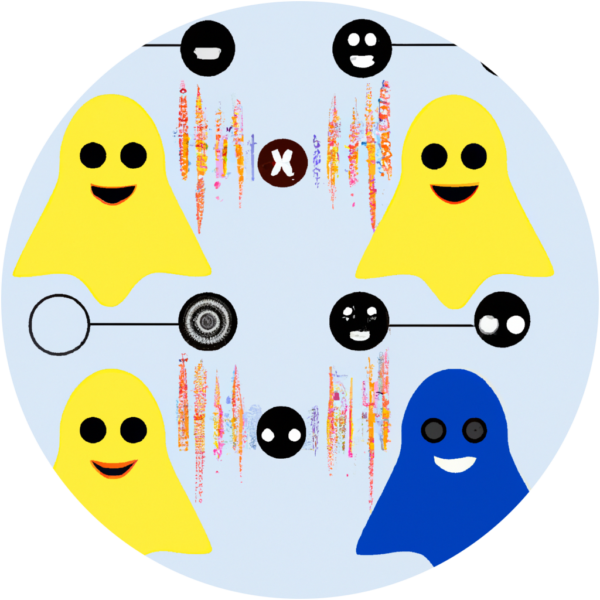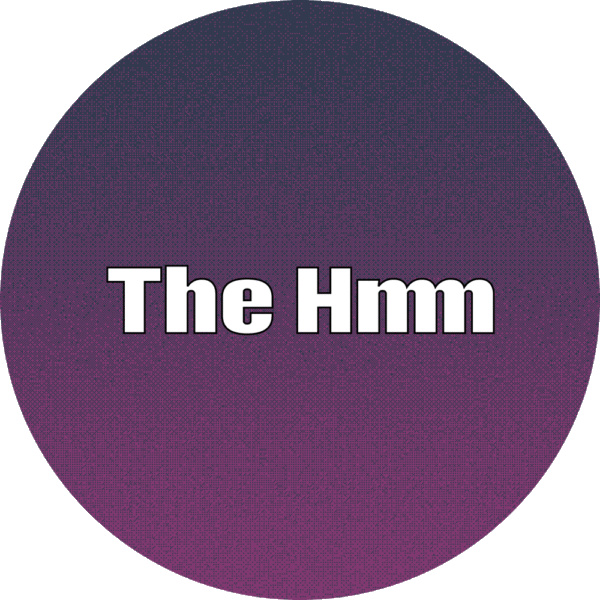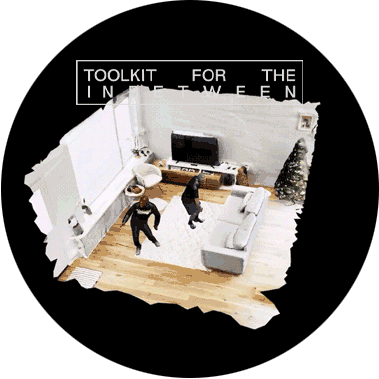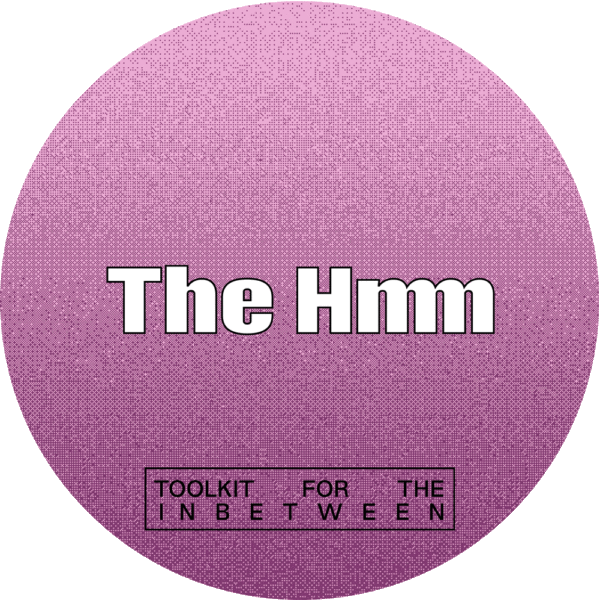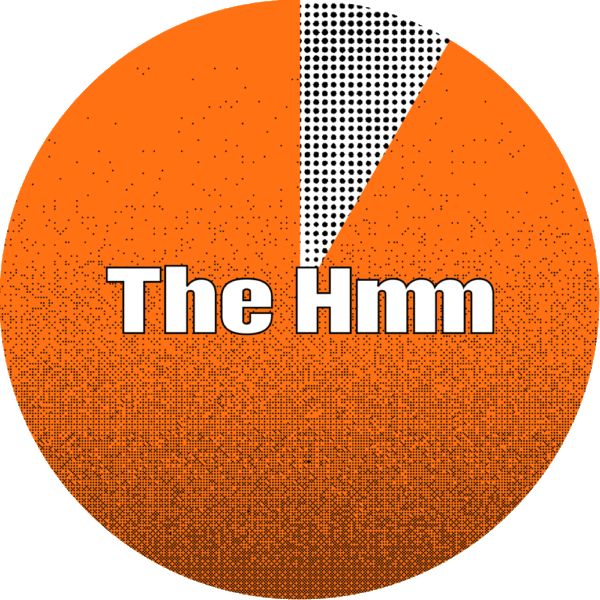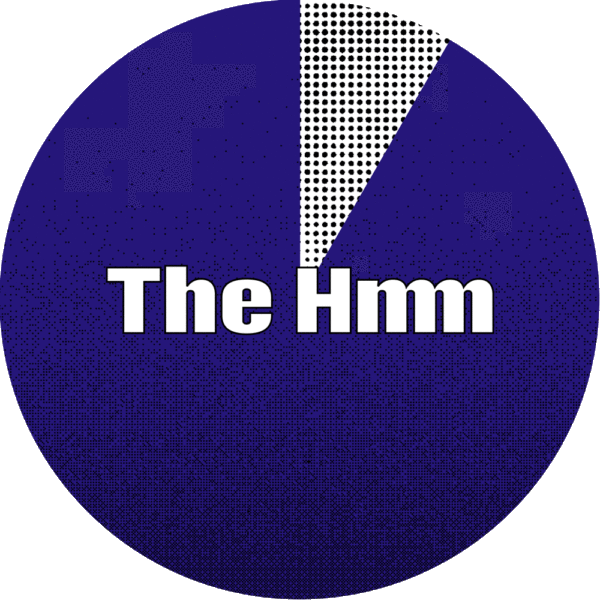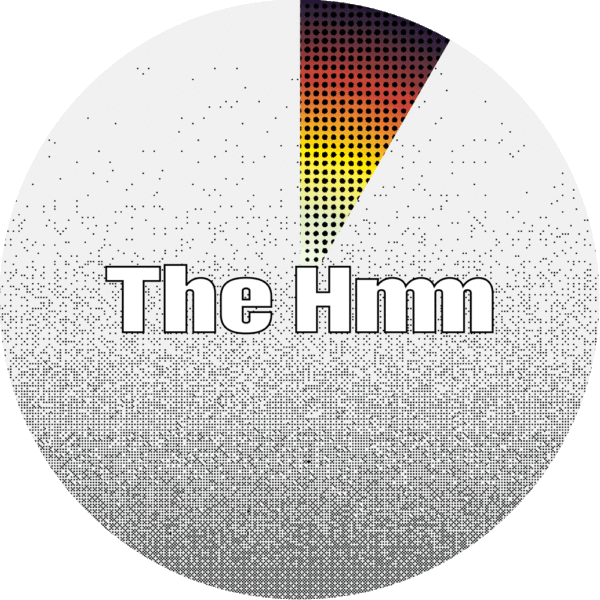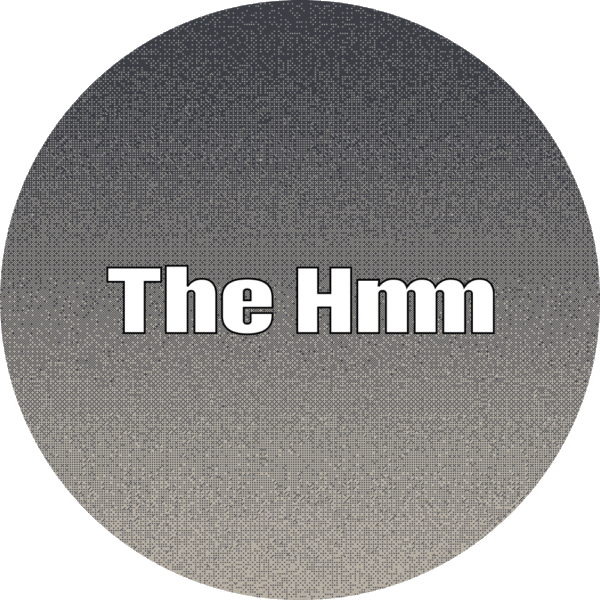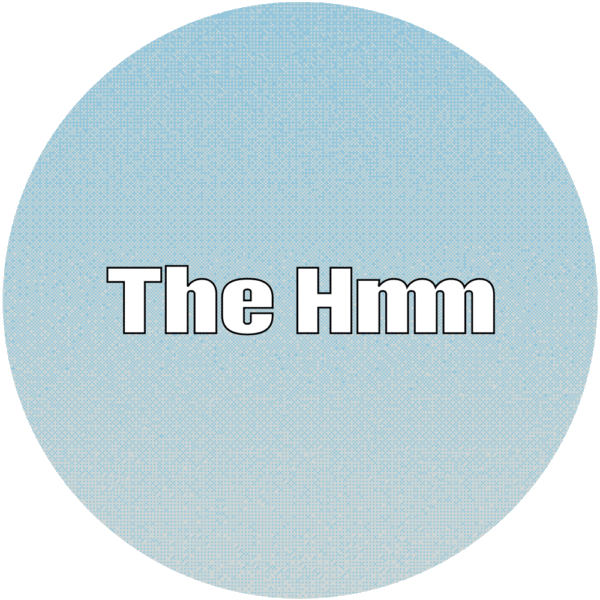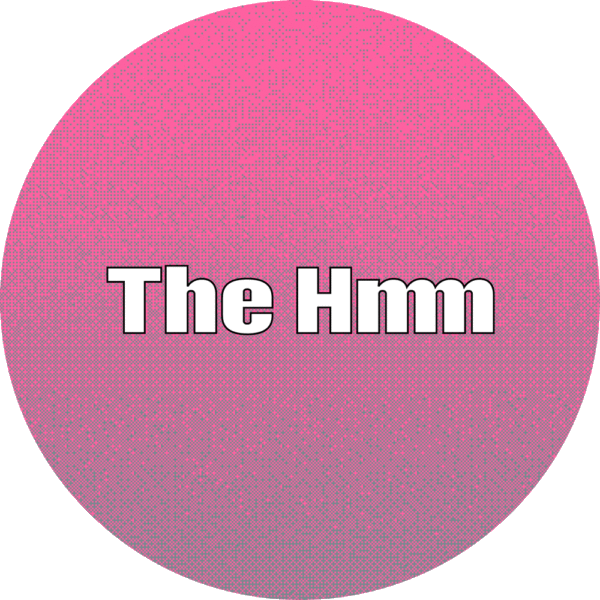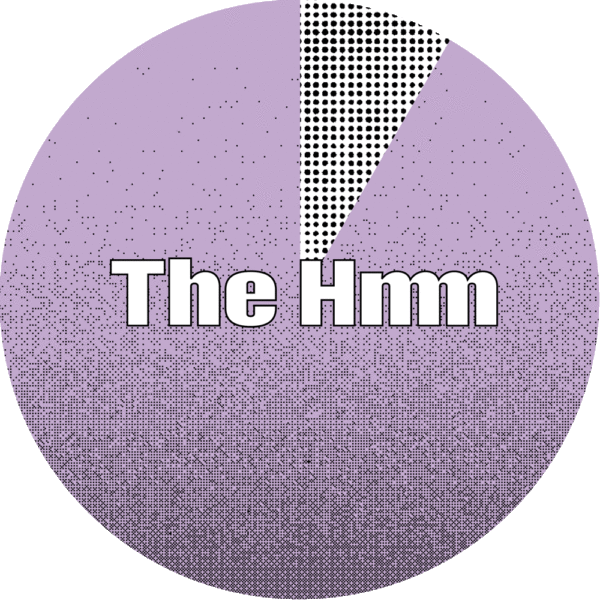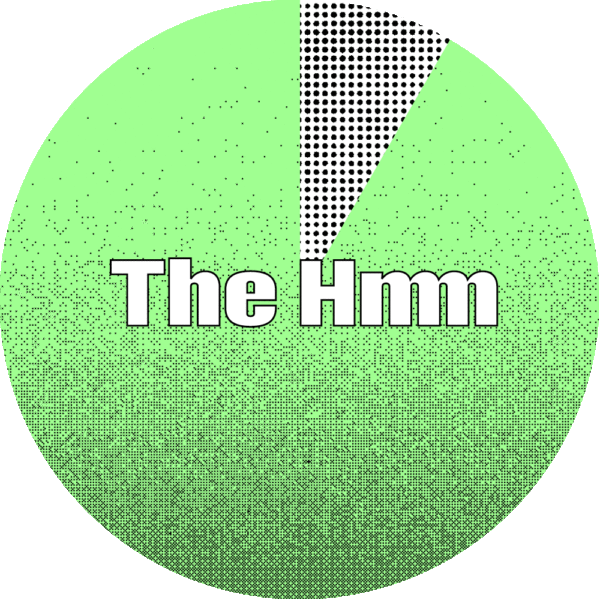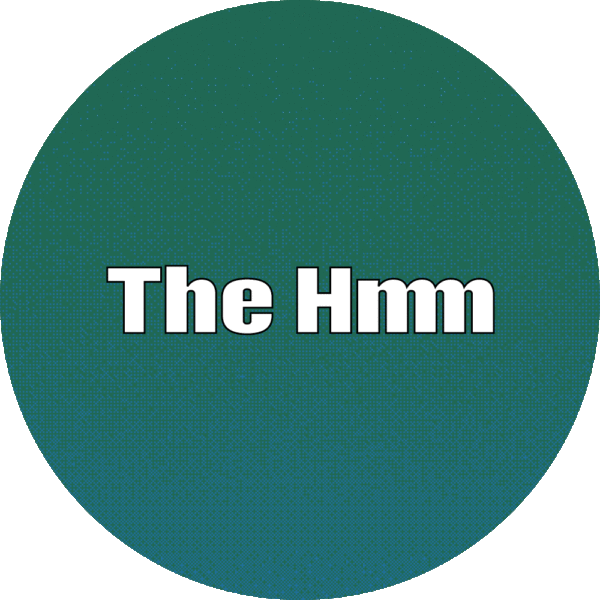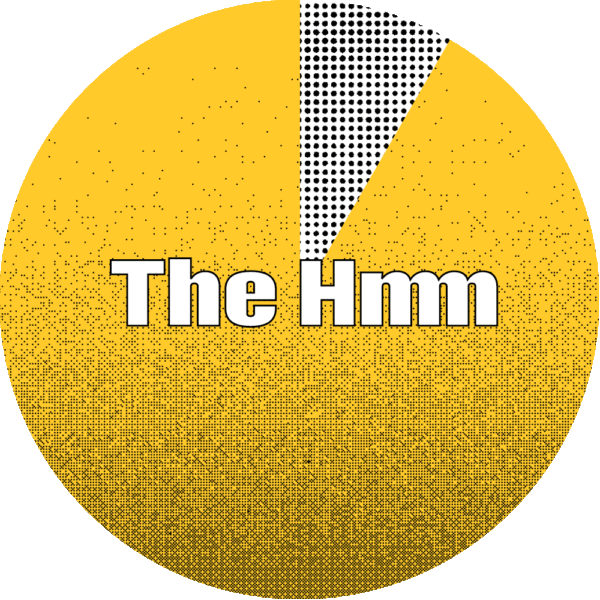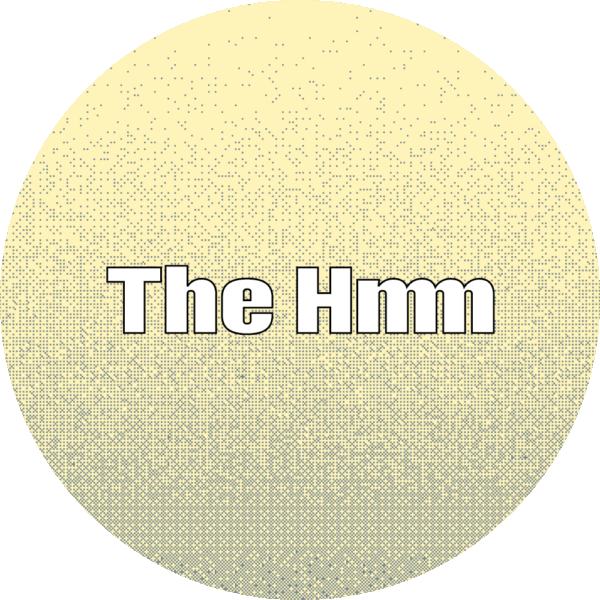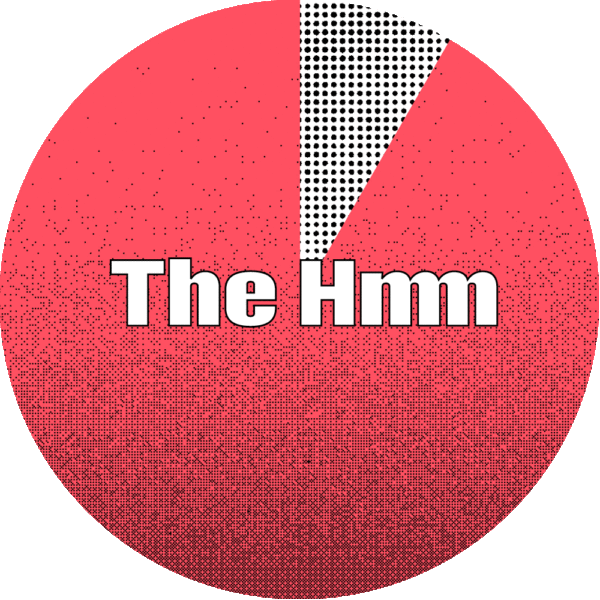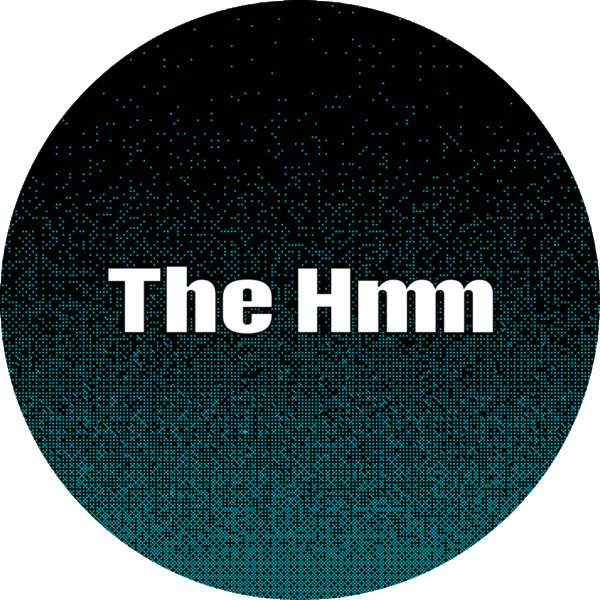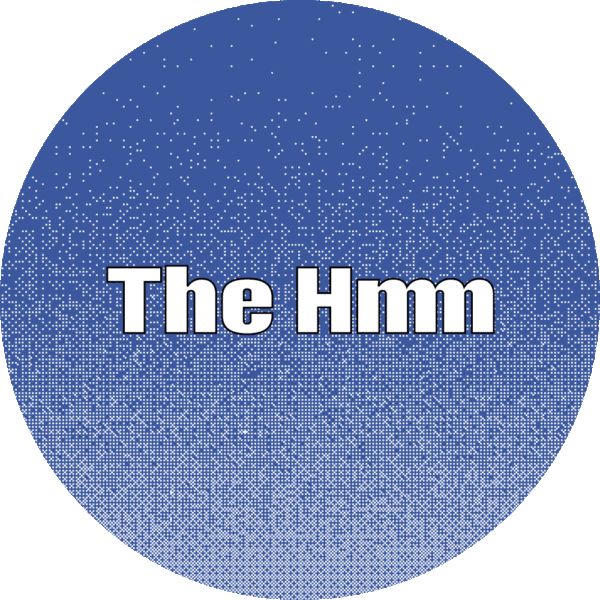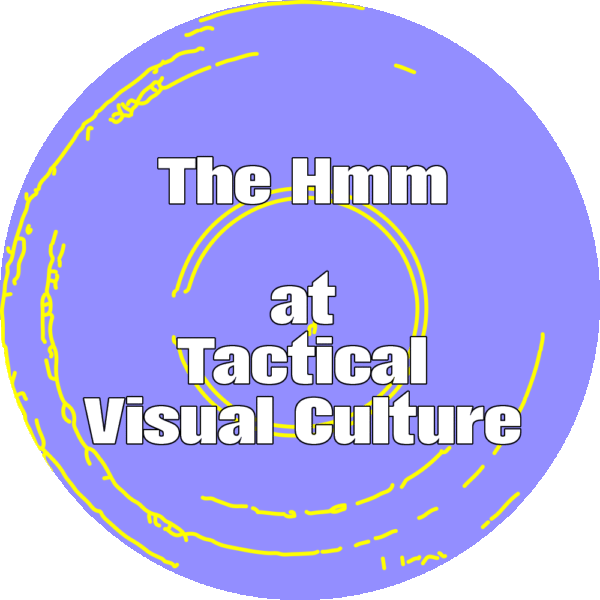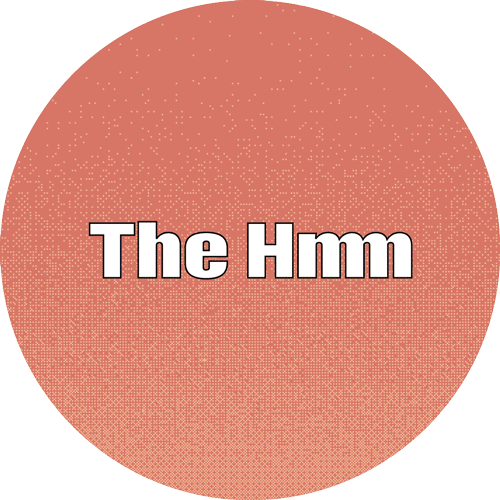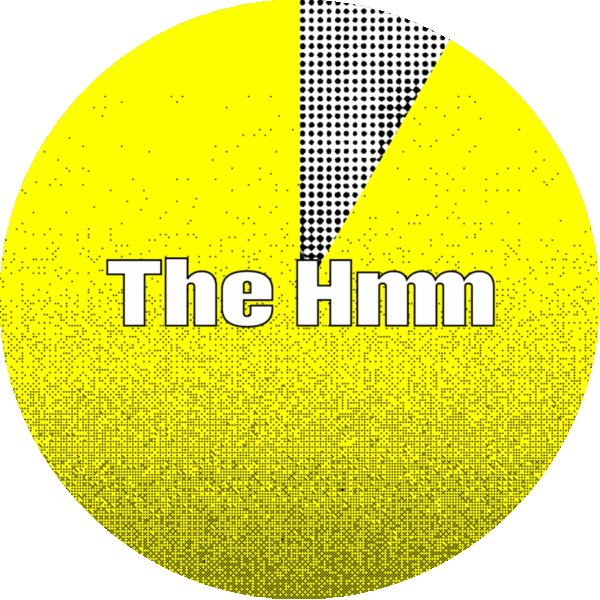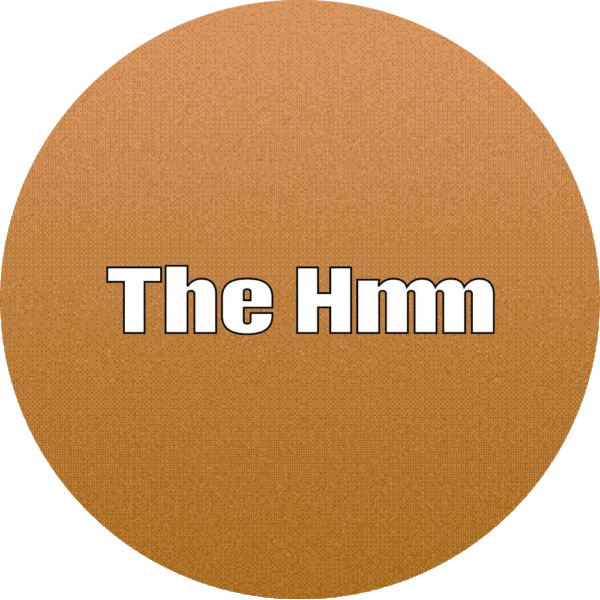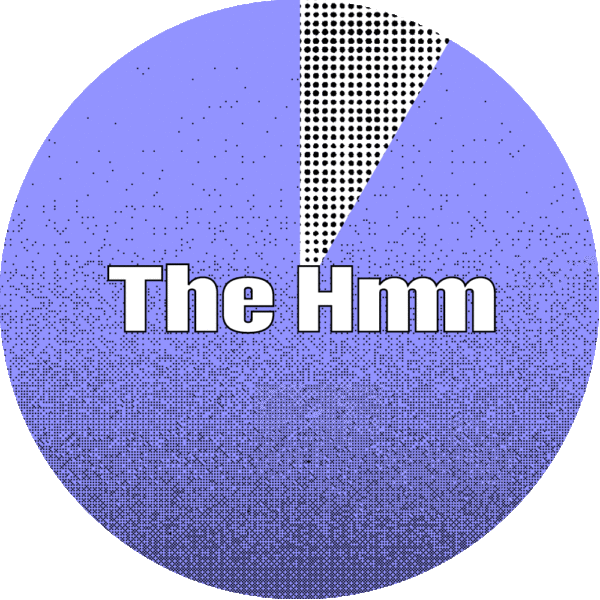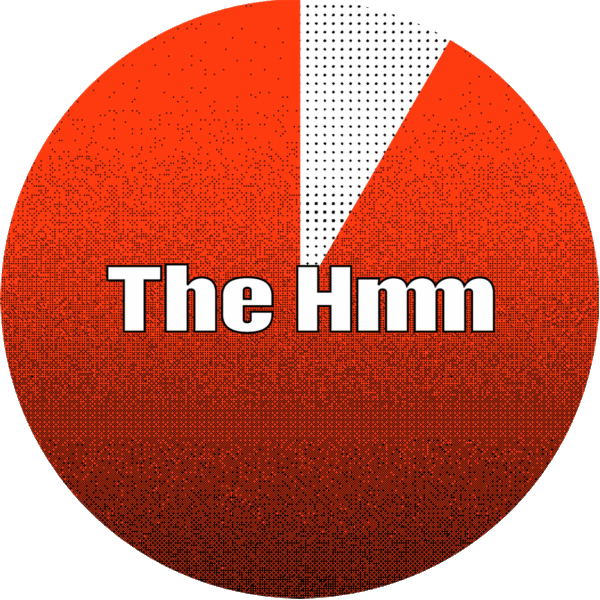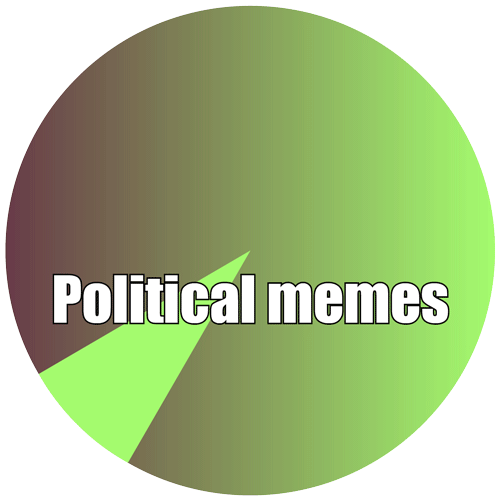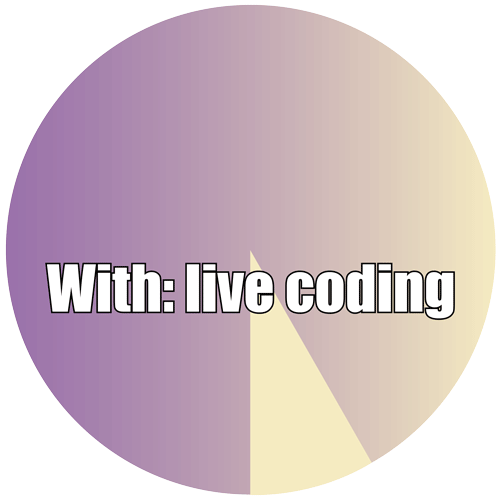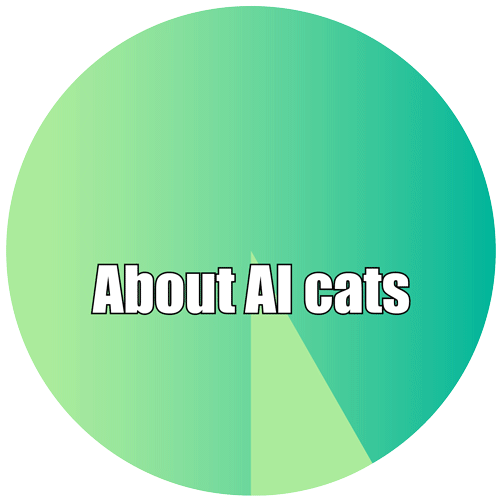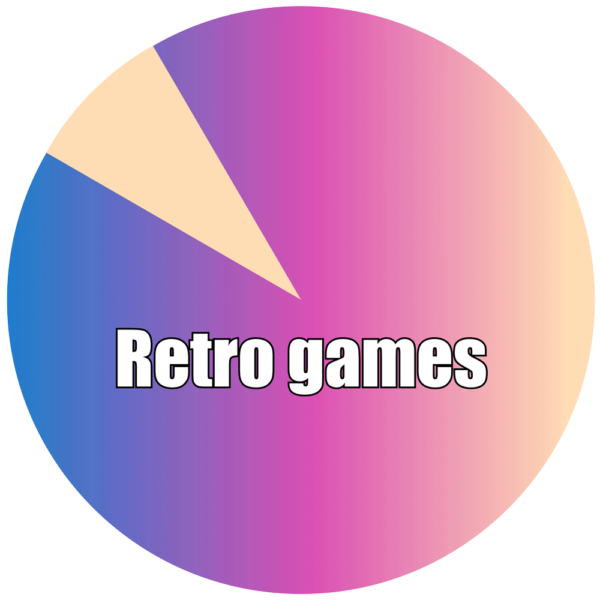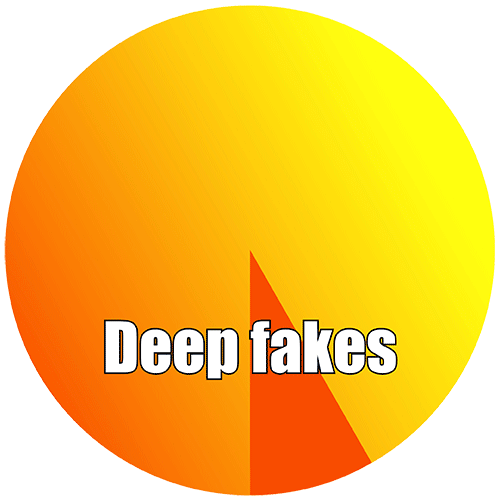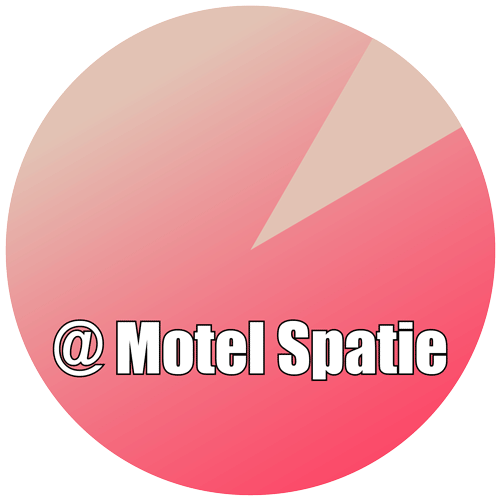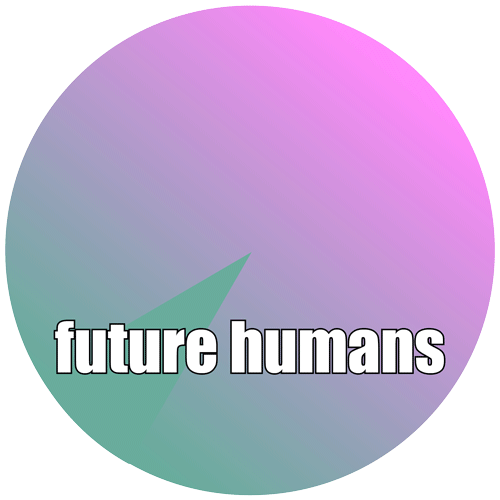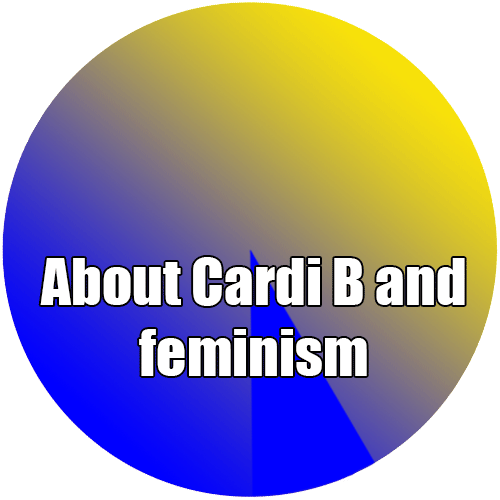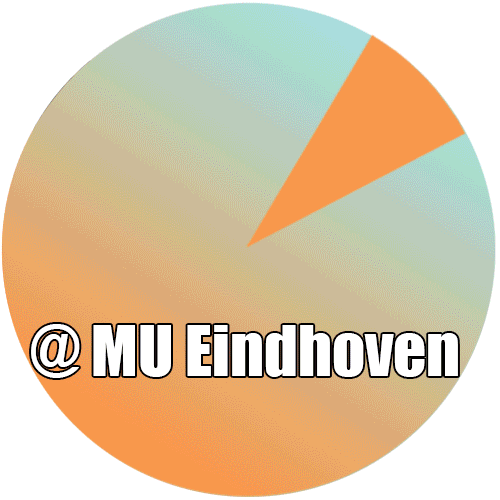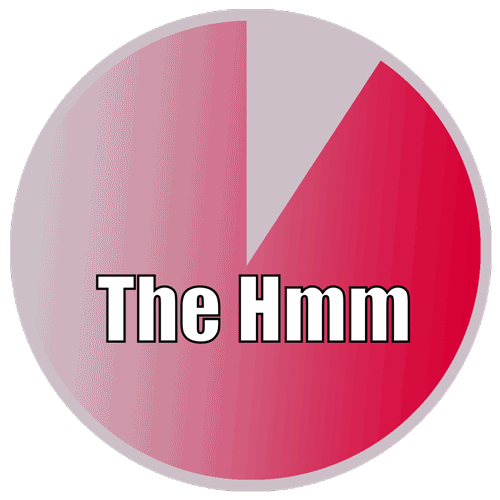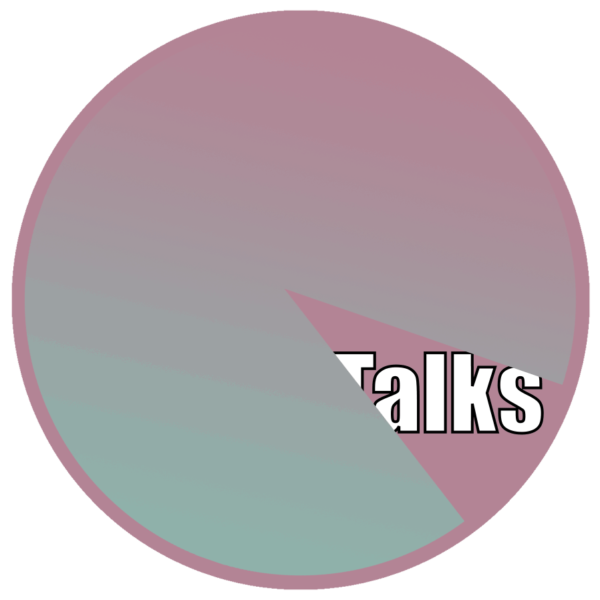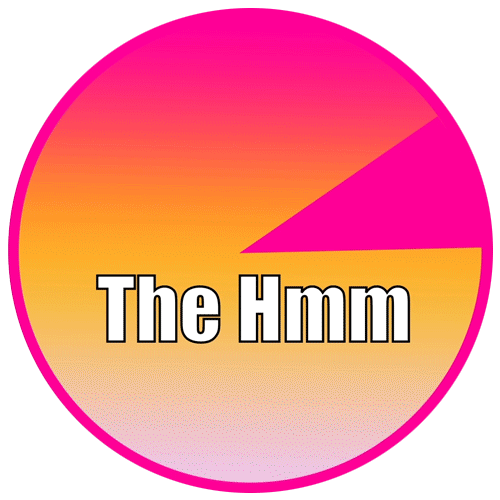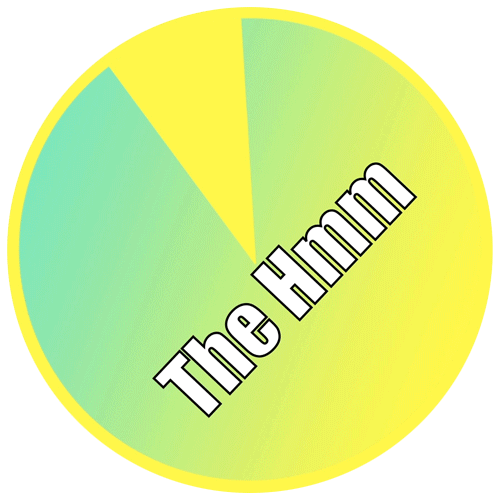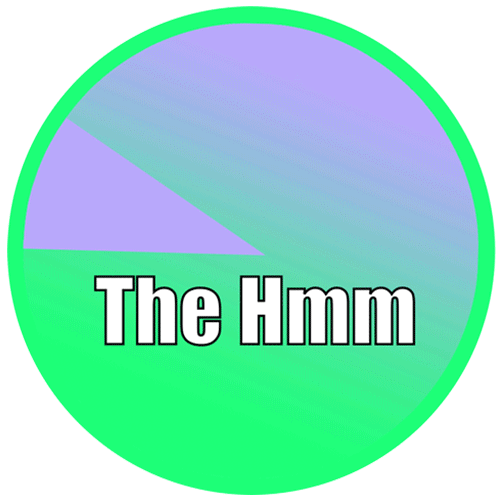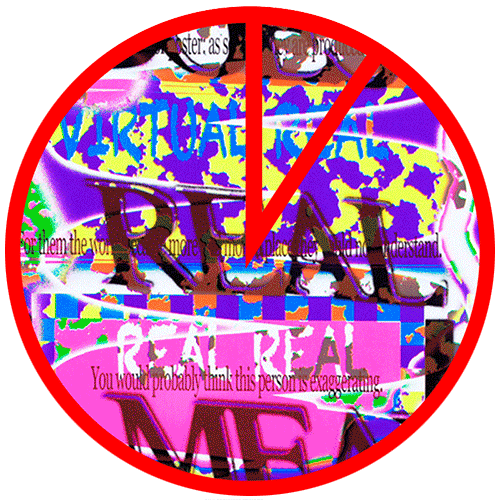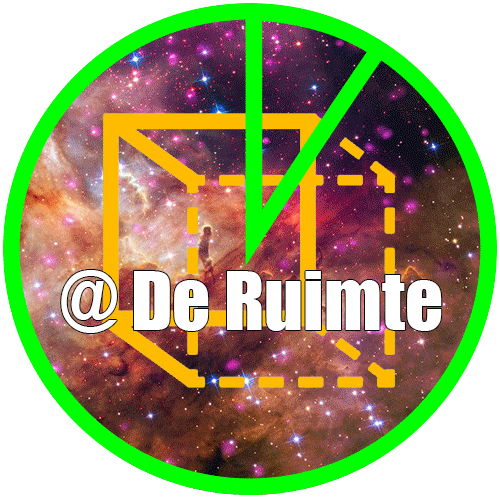
1 December, 20:00 CET
The Hmm ON Screen New Deal
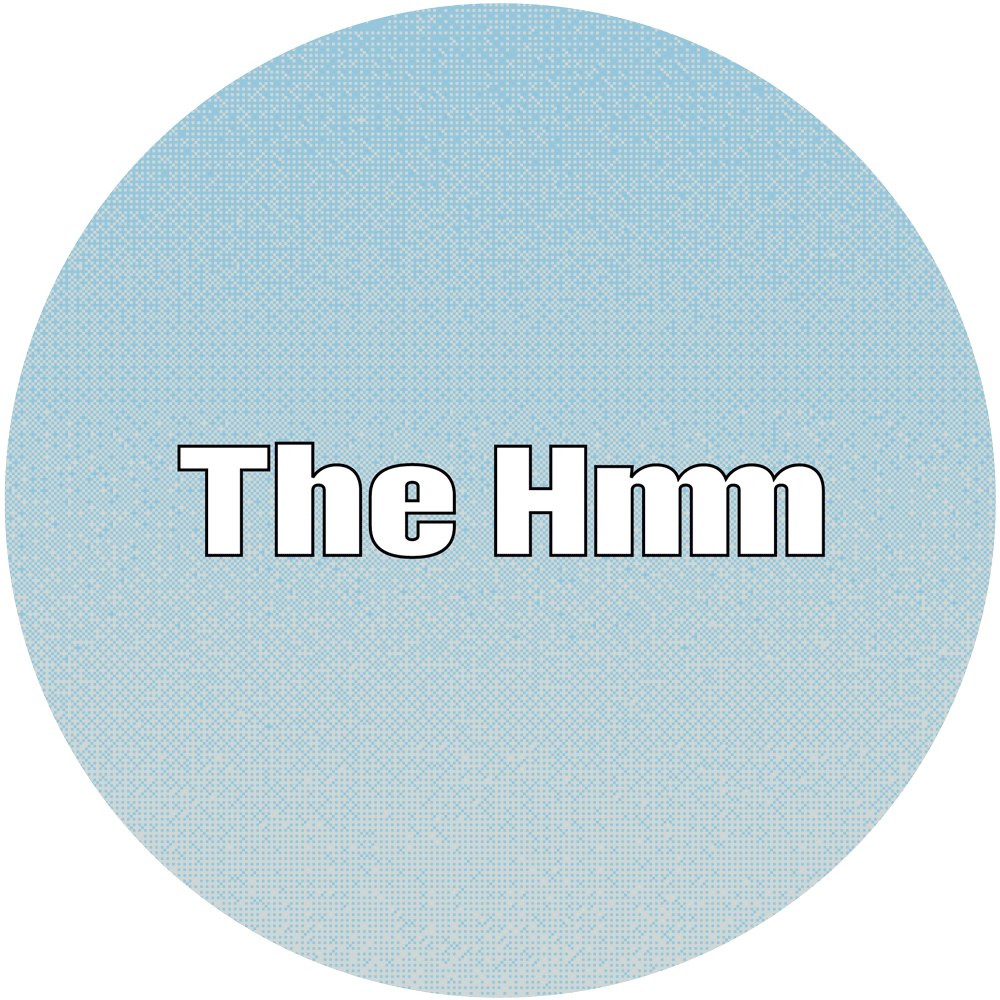
During the lockdowns that swept the world, caused by the COVID 19 pandemic, the internet became our supermarket, our school, our gym, our club, our cafe. And Big Tech reaped the benefits of this. While restaurants closed their doors and cultural programming halted to a standstill, the wealth and power of tech billionaires only grew. In the last year, the five tech superpowers—Amazon, Apple, Google, Microsoft and Facebook—had combined revenue of more than $1.2 trillion. Alphabet, Google’s parent company, reported that quarterly sales and profits had surged to record highs this summer and YouTube also saw its advertising revenue almost double from the year before, to $7bn. What effects will this increasing saturation of online advertising, infiltrating our work, social, and educational spaces, have on our mental health?
At the beginning of the pandemic, writer and social activist Naomi Klein introduced the concept of the ‘Screen New Deal’ (a pandemic shock doctrine)—arguing that many of the concerns that were emerging about Big Tech, and its ceaseless infiltration into all spheres of life (education, transportation, health) were being swept under the rug. The technological and integrated futures these companies were trying to sell us were being re-sold under the branding that they will help us live a pandemic-proof, no-touch, life. Klein writes that “[i]t’s a future in which our every move, our every word, our every relationship is trackable, traceable and data-mineable by unprecedented collaborations between government and tech giants.” But now, more than a year later and with most of the pandemic uncertainties behind us, how have we changed how we interact with digital technologies and what personal information are we willing to give away in the name of public health and safety?
Tonight, in this end of the year event, we’ll look back and reflect on the pandemic and how it accelerated our entanglement with, and deep reliance on, Big Tech. The pandemic accelerated many societal shifts, but what impact did it have on the monopolisation of Big Tech? How have our learning environments and understanding of education shifted? How does the corona app and sharing our private health information publicly impact how we move through our environments and engage in society? And how has our increasing dependence on social media for our social interactions impacted mental health? We’ve invited three speakers with whom we’ll start to untangle and explore these questions. Join us at Felix Meritis in Amsterdam, or online!
Hybrid event experiment:
This fall we actively experiment with a series of hybrid events as we delve even deeper into the internet cultures that shape, complicate, and transform our lives—further blurring the boundaries between the ‘online’ and ‘offline’ worlds. We’ve been attending many online events during the pandemic, but how do we prepare for, and take active part in these events? Can we do more than just open another tab on our browser, or slide over from the table to the couch? For our third hybrid event experiment, we’ve invited artist Annika Kappner to prepare our online audience for this program—linking us together between the digital and the analogue worlds.
The Hmm ON …
We’re using face filters to make ourselves prettier, track our daily steps on our iPhones, and rely on Google Maps to find our destination. But what exactly is the impact of these technologies? With The Hmm ON, physically hosted by Felix Meritis in Amsterdam, we reflect on these playful, serious, and sometimes disturbing developments in internet culture.
The series is kindly supported by the Creative Industries Fund and Amsterdam Fund for the Arts.

